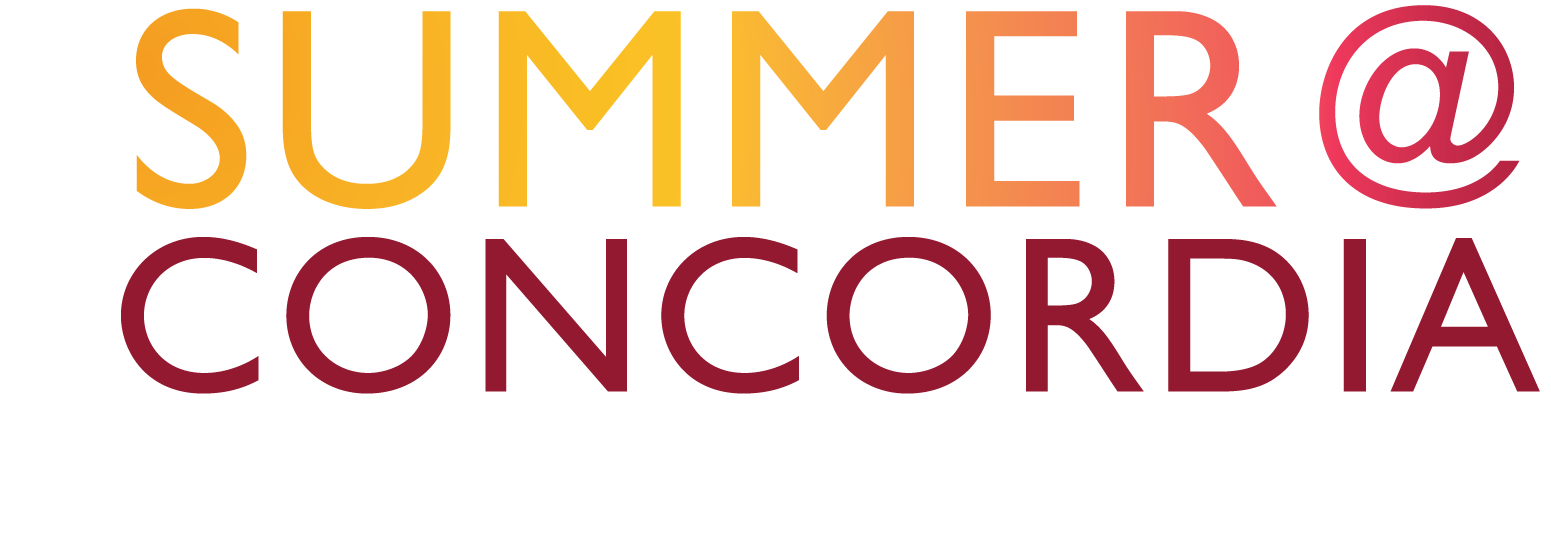IMAGINED WORLDS: Medieval, Fantastic, Digital
July 5 - 16, 2021
CANCELLED
Please note: This seminar has been cancelled.
Overview
This class will examine the three-way intersection between 1) the study of medieval literature, history, and popular “medievalism;” 2) the study of transmedial fantasy worlds and their fan communities; 3) the practices of the artists and designers who build fantasy worlds for games, fiction, and other media.
What is it about specifically medieval histories and legends that have made them so amenable to virtual realities? How have models of community-based authority, with their constructions of “canon” and “lore,” shaped and been shaped by the affordances of digital networks and social media? What lessons about life in the digital age are revealed by this striking afterlife of medieval cultural forms, and how can we apply these lessons in our artistic, scholarly, and political practices?
Our goal in pursuing these questions will be not only to research and understand the phenomenon of medievalism in digital culture, but also to imagine a praxis of world-building that might expose and resist the ways in which popular memories of the medieval past still contribute to colonial ideologies in the present. Our studies and experiments along these lines will be grounded particularly in the expertise and work of Indigenous content-creators and game designers.
Confirmed Guests
- Naphtali Faulkner (Developer, Umurangi Generation)
- Maxime Durand (World Design Director, Ubisoft)
- Kahentawaks Tiewishaw (3D Artist, Illustrator, Sculptor)
- Tarren Andrews (University of Colorado Boulder)
- Kavita Finn (Simmons College)
- Kathleen E Kennedy (University of Bristol)
- Daniel T Kline (University of Anchorage Alaska)
- Amanda Phillips (Georgetown University)
- Matthew X Vernon (University of California Davis)
Class structure
The class will have three phases. June will be a month of reading and online discussion of two medieval “worlds”: 1) the Icelandic Vinland sagas and their uses in popular depictions of the “Vikings,” read in conversation with Indigenous memories of the same events; 2) Gerald of Wales’ History and Topography of Ireland, proceeding from Matthew X. Vernon’s reading of Gerald as a “colonized intellectual.”
During the weeks of July 5-9 and 12-16, we will hold a series of lectures and practical workshops led by researchers and content creators, towards the collaborative creation of a game world provisionally titled “Hibernia Geraldi” or “Gerald’s Ireland.”
In this project, we will apply the lessons of Vinland and its reception to imagine how “secondary,” “virtual” worlds and the games and texts set in them might resist and critique not only colonizer histories in the “primary” world but also the structures of power these histories inform. In the third and final phase, students will produce and share their individual or collaborative research and research-creation projects.
Learning outcomes
- Encounter and develop a basic familiarity with medieval travel literature, scientific texts, historical documents, and romance dated roughly 1000-1300, focalized around Gerald of Wales and his History and Topography of Ireland.
- Survey “medievalism” in popular fantasy fiction and video games, to understand it as a reflex of the institutional continuity between medieval bureaucratic forms and contemporary digital systems.
- Develop and apply models for figuring the decentralized, community-based modes of authority discernible in medieval manuscript culture, Oral Traditions, and in fan communities.
- Consult with artists, makers, research-creators, and game-industry professionals about the practical dimensions of implementing secondary worlds in narratives and games.
How to apply
Deadline: April 21, 2021
For your application to be complete, you must submit the following in a single document (for example, a pdf) to imaginedworlds@concordia.ca.
*NOTE: Due to an error in the application form, applications submitted before April 14 were not received. If you submitted before this time, please re-send your application by email.
- A 1-2 page cover letter which will 1) summarize credentials, academic or professional; 2) speak to the importance of collaboration in particular to their professional and educational development and aspirations.
- Unofficial transcripts for any academic programs begun or completed in the last three years.
- A professional resume
- A one-page proposal summarizing the research or research-creation project you will conduct over the course of the class.
- OPTIONAL: Reference letters
- Please indicate in your application if you require a fellowship to attend.
